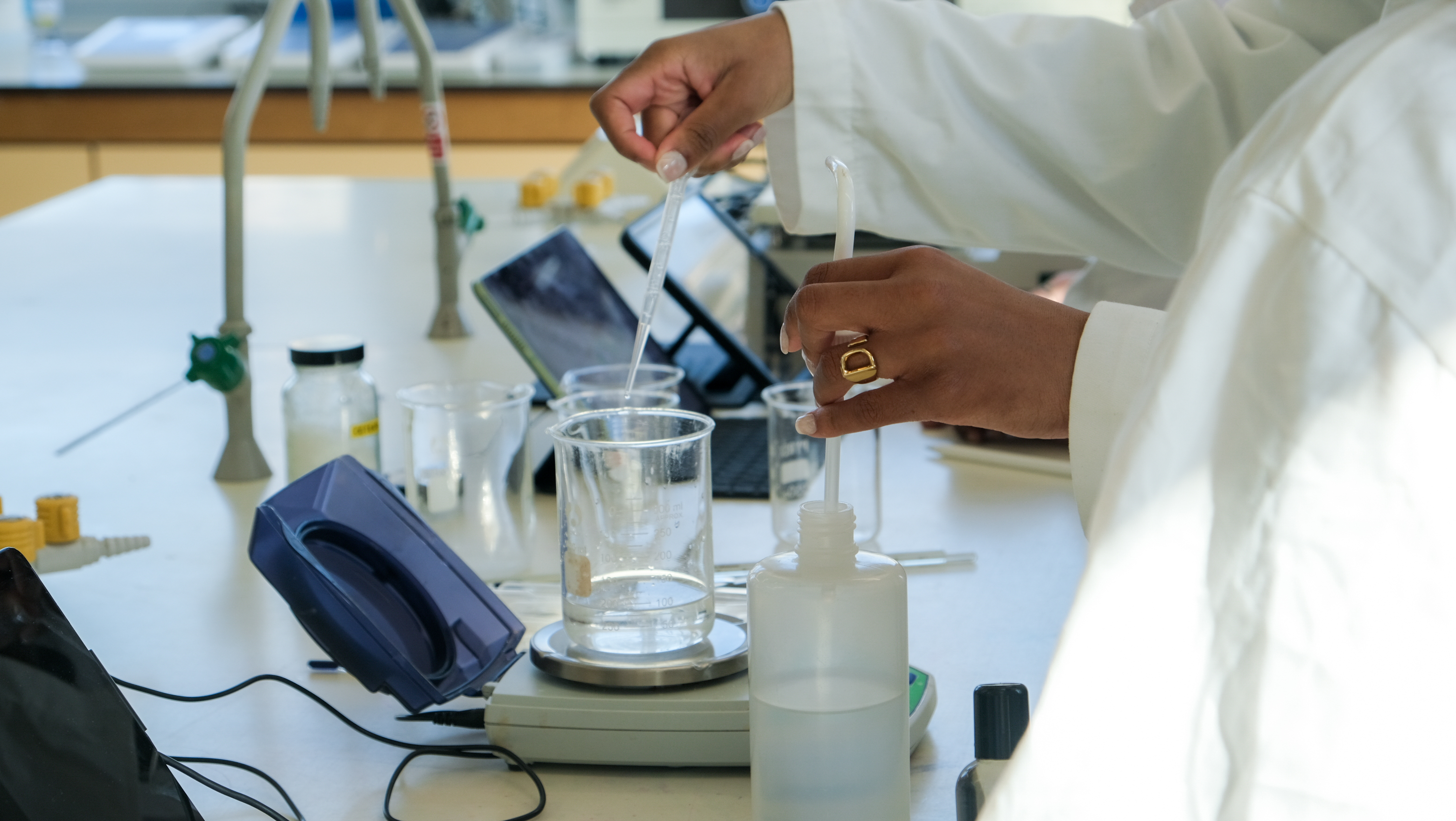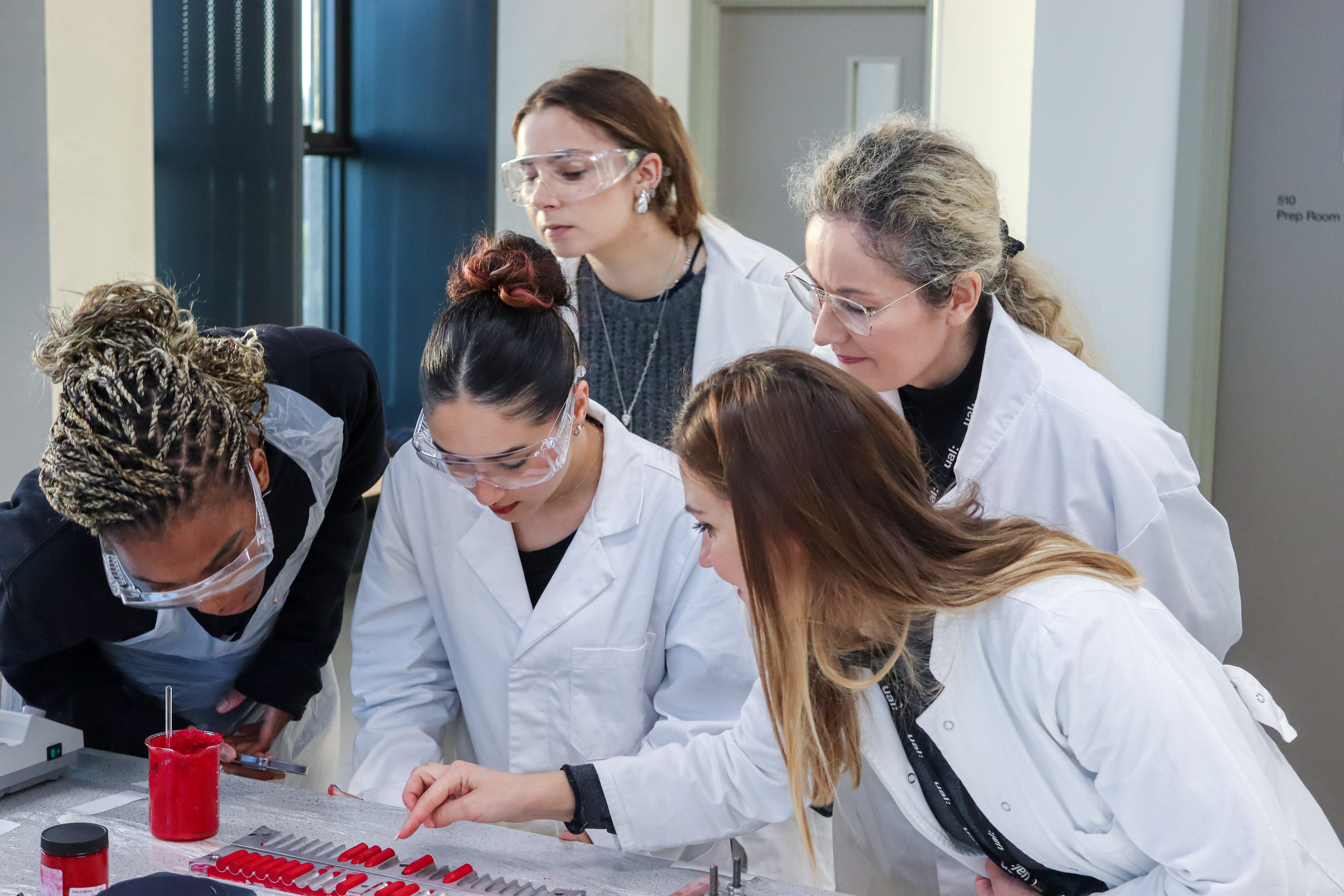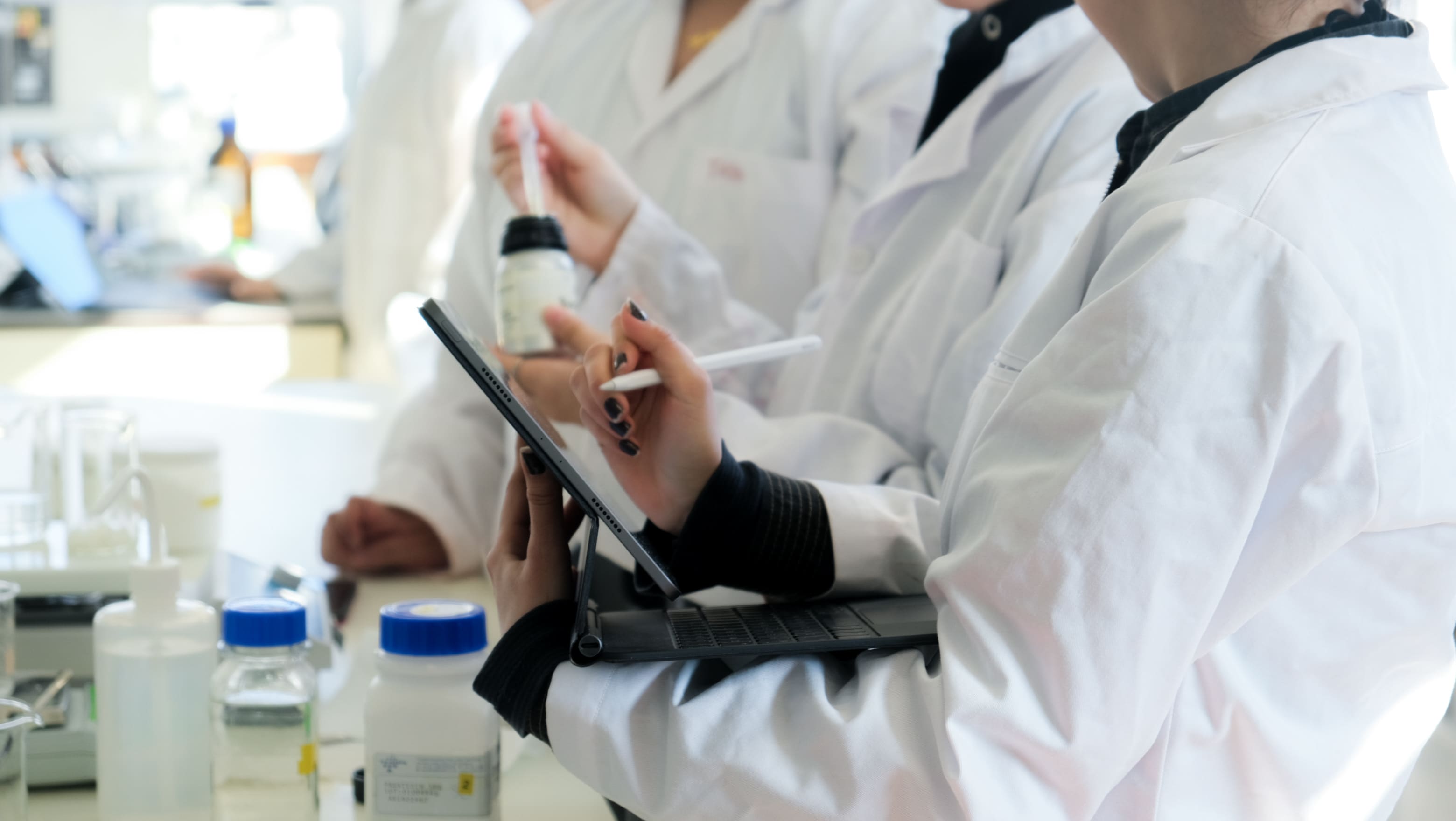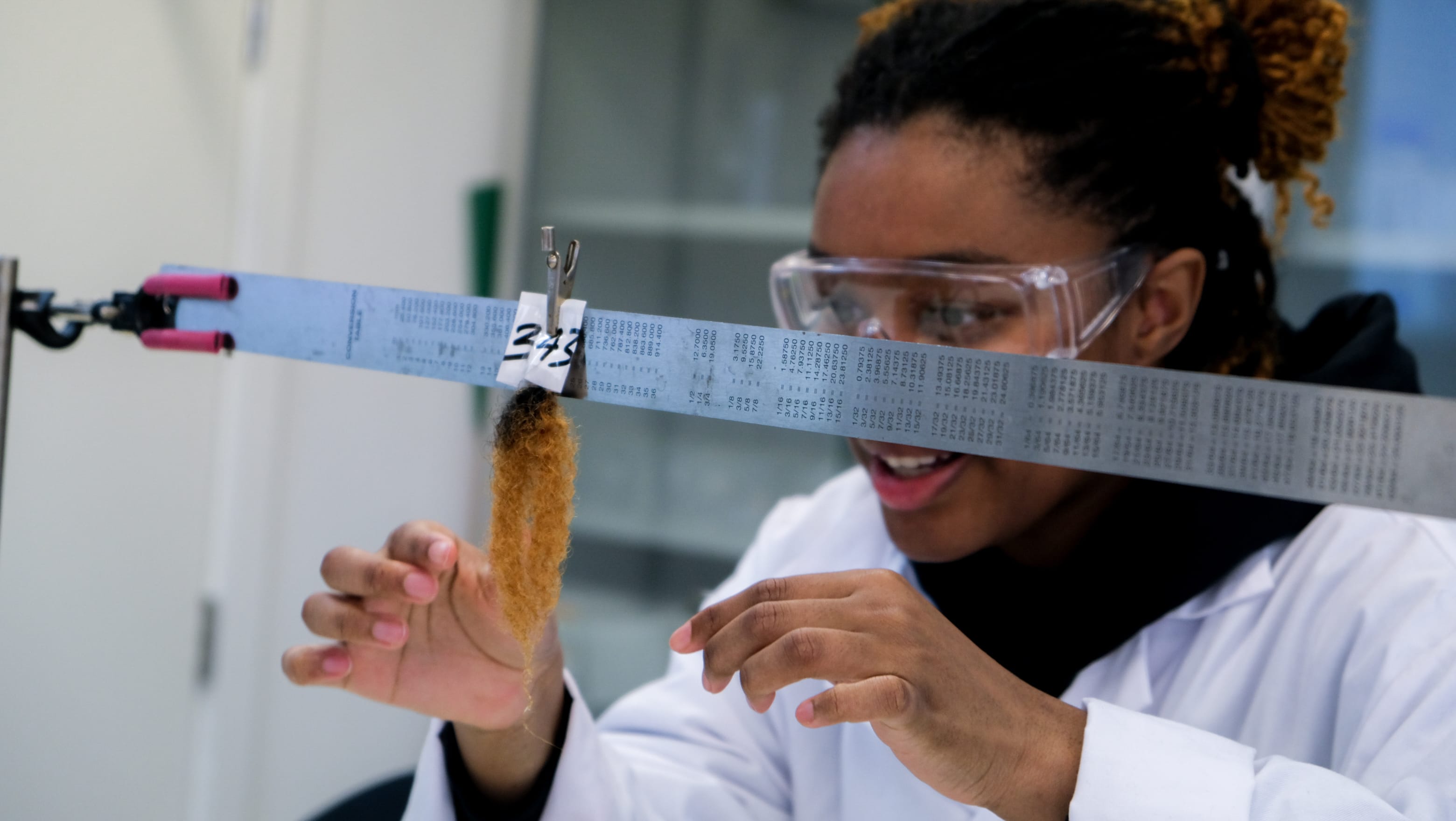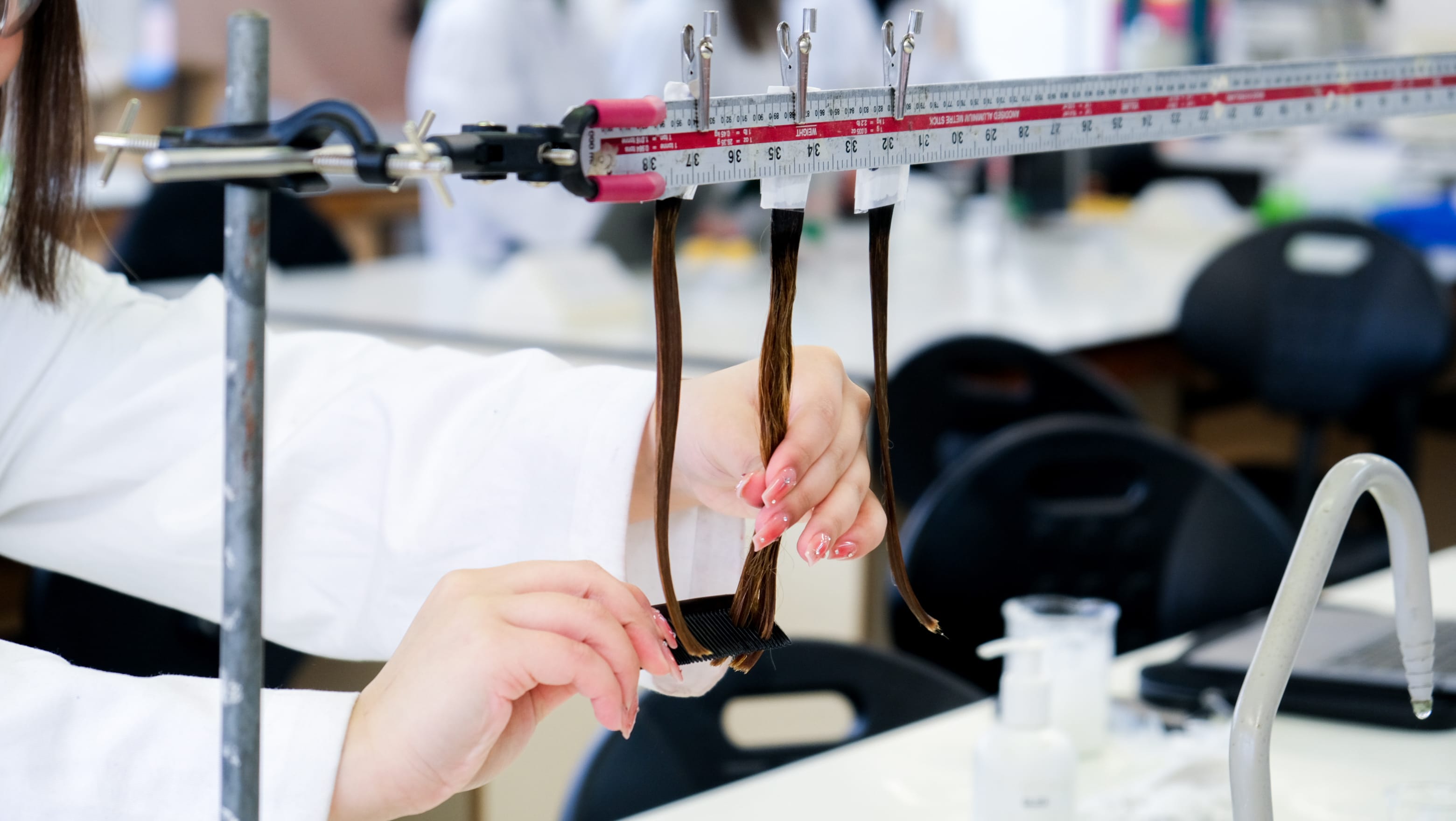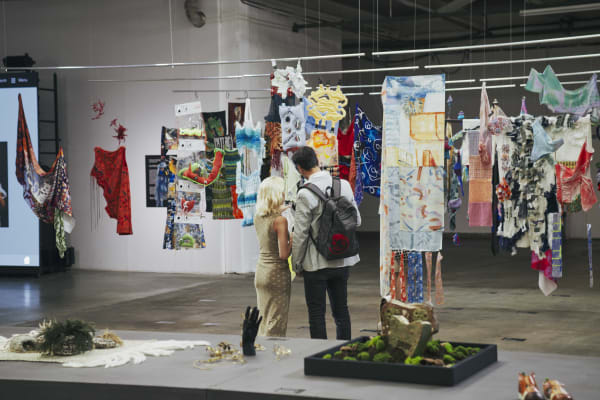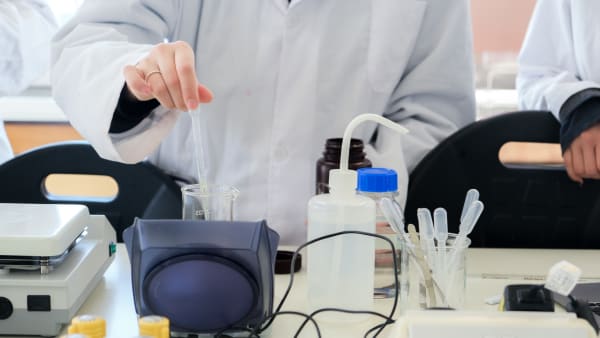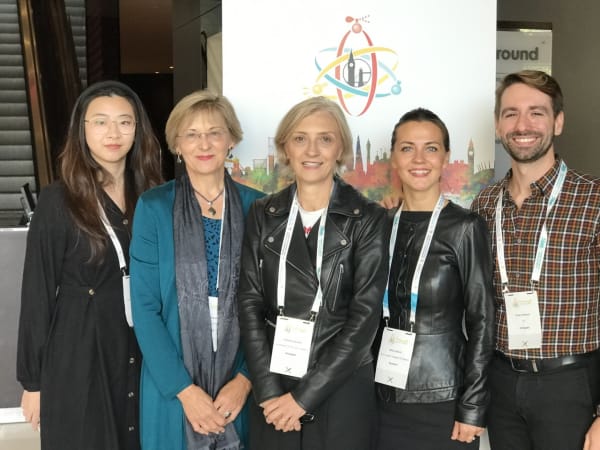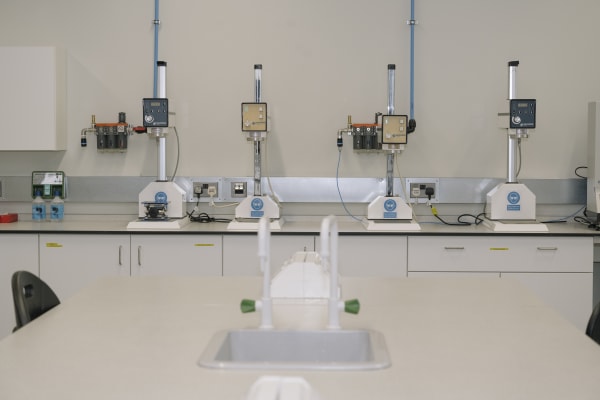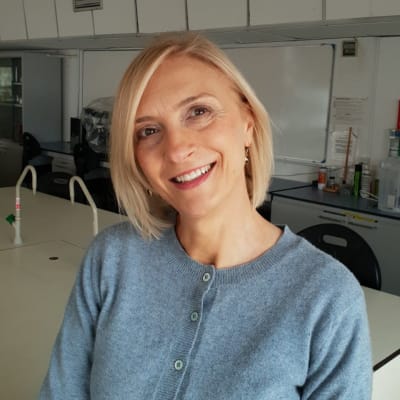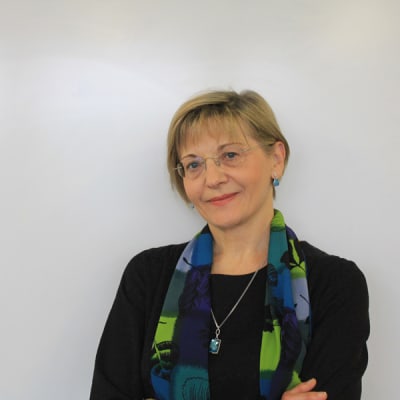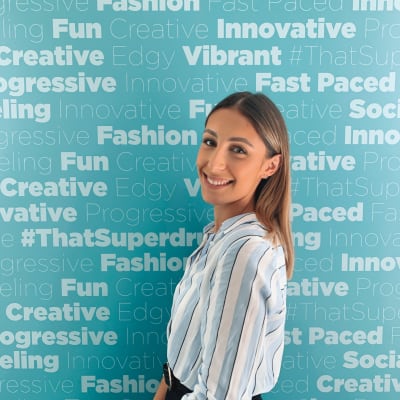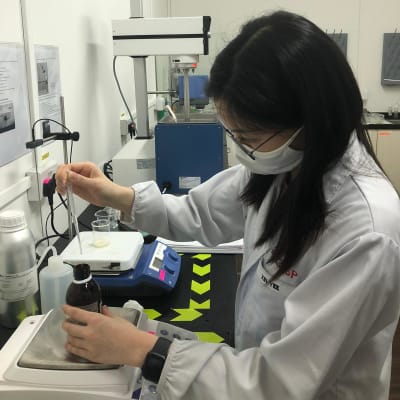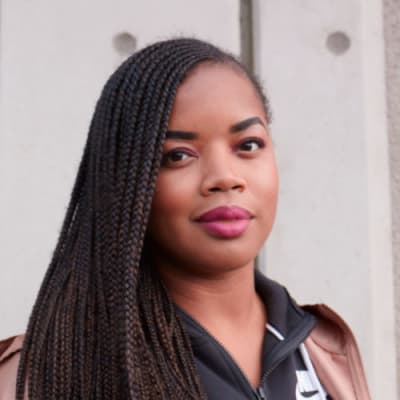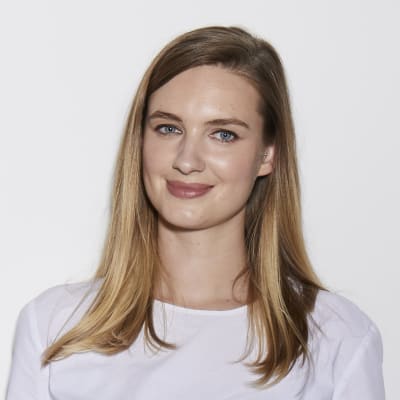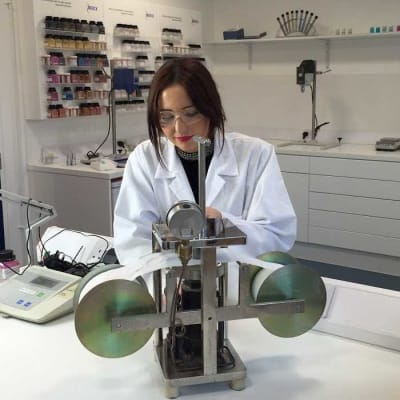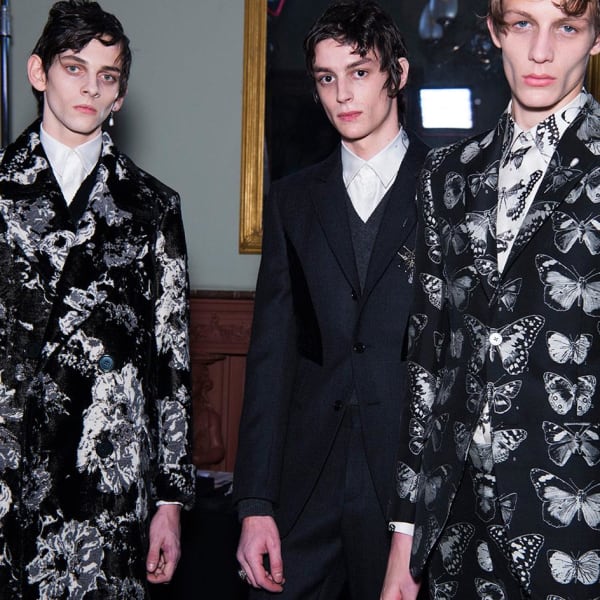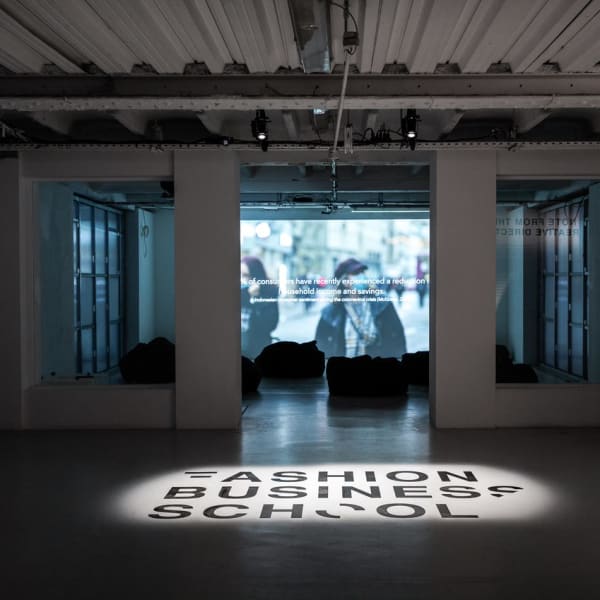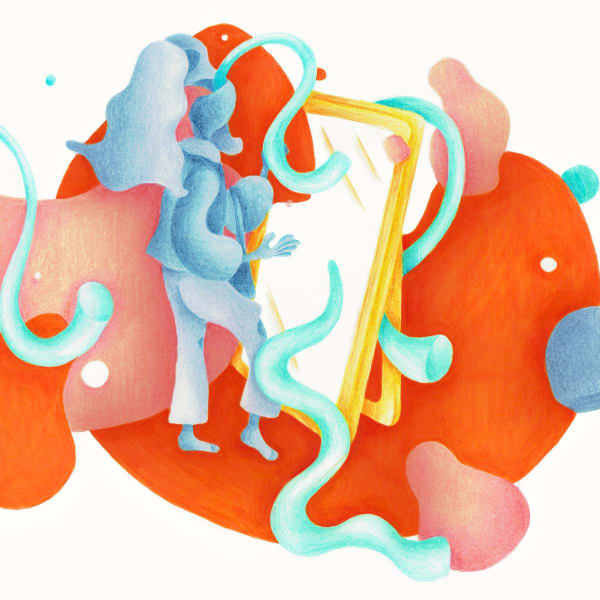Course units
Year 1
Year 1 is planned to help you to make a successful transition from school to university. A dedicated unit is included to assist you with developing the skills you will need to become an independent learner. There will be units in the core sciences that will prepare you for the specific demands of understanding cosmetic science. You will be introduced to formulating a variety of cosmetic products and even get the chance to develop your own.
Units studied:
- Introduction to Cosmetic Science
- Applied Chemistry
- Applied Biology
- Product Development and Legislation
- Cosmetic Formulation Principles
Year 2
In Year 2 you will focus on the creation of specific products for care of the skin and hair and in decorative cosmetics. In addition to formulating and testing many different products, you will learn about the importance of microbial preservation, analytical methods in product quality and the role of packaging in protecting products. The crucial roles of marketing and brand development in the cosmetic industry will also be discussed.
Units studied:
- Product Quality and Packaging
- Product Formulation I
- Brand Development and Marketing
- Product Formulation II
Optional Diploma Year
Industry DIPS
This optional diploma can be taken between years 2 and 3. With support from your tutors, you will undertake an industry placement for a minimum of 100 days/20 weeks. As well as developing industry skills, you will gain an additional qualification upon successful completion.
Enterprise DIPS
This optional diploma can be taken between years 2 and 3. With support from your tutors, you will undertake an enterprise placement year where you will explore a business idea from proposal to minimal viable product (MVP). As well as developing enterprise skills, you will gain an additional qualification upon successful completion.
CCI Creative Computing
Between years 2 and 3, you can undertake the year-long Diploma in Creative Computing. This will develop your skills in creative computing alongside your degree. After successfully completing the diploma and your undergraduate degree, you will graduate with an enhanced degree: BSc (Hons) Cosmetic Science (with Creative Computing).
CCI Apple Diploma
Between years 2 and 3, you can undertake the year-long Diploma in Apple Development. This will give you an opportunity to become an accredited Apple developer alongside your degree. After successfully completing the diploma and your undergraduate degree, you will graduate with an enhanced degree: BSc (Hons) Cosmetic Science (with Apple Development).
Final Year
In the final year you will learn how to evaluate the efficacy of cosmetic products and develop and substantiate claims using instrumental and sensory methods, which will include an element of statistics. You will also explore subjects associated with innovation and scientific development in the cosmetic industry with a focus on sustainability. This year will culminate in an independent Product Launch Project, which will allow you to follow the stages required to take a new product from concept to market.
Units studied:
- Product Evaluation and Claims Substantiation
- Innovation in Cosmetics
- Product Launch Project
